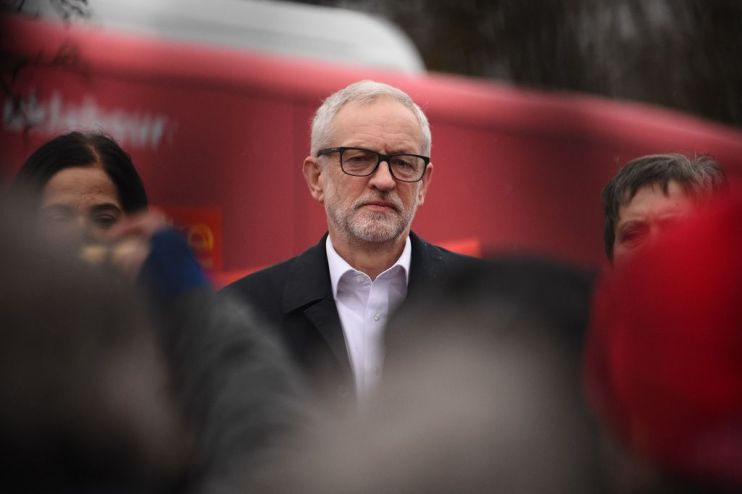This is the moment to remake the case for global liberalism

Penning a comment piece for the day of an election is a difficult task.
You have to speculate, tread the political waters carefully, and perhaps dare to make a prediction before people head to the polls. But writing something to be published the day after an election is even more daunting.
The world of politics could look completely different to the one you knew the day before. It’s the difference between securing the UK’s exit from the EU and a second referendum, between Labour’s full-blown socialist agenda coming into play and the Conservatives’ market-oriented (but still not particularly responsible) manifesto triumphing.
Even the most confident politico would hesitate to lay out in writing an assessment of the future. After all, politics has been a rollercoaster ride for years now. The political realignment taking place across not just the UK but Europe and the US too has shaken things up so dramatically already, it near impossible to know when the ride will come to a halt.
I’m even less confident about our general attitudes towards politics and policy. The traditionally free market political forces have moved away from their roots. The American President starts trade wars and promotes nationalist economic policies. The UK’s Conservative party flirts with increasing protectionist state aid rules to prop up declining industries.
In other key economies, like France, we see the displacement of the centre right in favour of far more populist, dangerous ideas that used to live on the fringes of society.
These shifts, in turn, have empowered the left in both the UK and US at least to push for a more socialist agenda. As the President condemns free trade with major global players, it becomes much easier to attack the principles of globalisation more generally, feeding into the demonisation of free markets with very little pushback.
When I first started writing this column in October 2015, its primary purpose was to update London readers on the US presidential race. Each column was a small journey from candidate to candidate, policy to policy.
But looking back at the past four years as a whole, it has overseen the vast transformation of the Republican party: a move from a relatively free market and liberal immigration philosophy which favoured foreign intervention under the last Republican President, to a protectionist, anti-immigrant, and increasingly isolationist outlook under the current one.
What this means for the UK remains unclear. In contrast to other countries, Britain has yet to lose favour with this President, who continues to promote the merits of a deal between the two blocs — possibly because the US does not have a trade deficit with the UK.
We obviously don’t know whether Donald Trump will be calling the shots after November 2020, but, in general, sentiment in the US remains sweet towards the special relationship. It’s hard to see a trade deal being ruled out completely by most of the Democratic contenders for President, even if it weren’t their top priority.
But for a deal to truly be a success, citizens of both countries must buy into the merits of easier and more flexible trade and understand the benefits that come with cheaper access to a wider variety of goods and services.
It could symbolise a turning point, with the narrative finally moving away from statist protectionism to the benefits that come along with free markets, free trade, and free people.
This is my last week writing for City A.M., and I will dearly miss the paper, which has become a staple in the capital for bold and dynamic reporting and business analysis. But onwards and upwards we all go — and that hopefully includes the political landscape in both Britain and America.
No one can forecast the future, even in the immediate aftermath of an election, but one thing is certain: the work of classical liberals is never done. We will always face changes and uncertainty, but must never cease making the case for freedom, liberalism, and the path to prosperity.